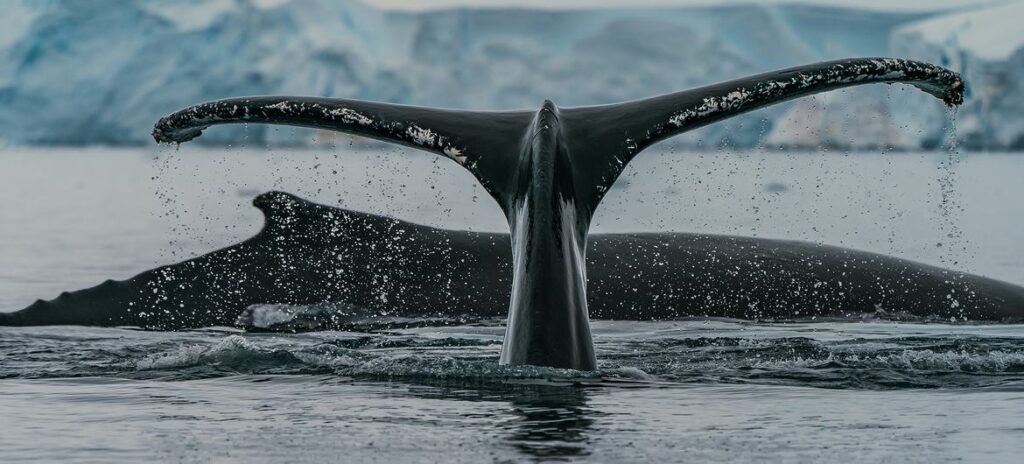In a multilateral effort to protect the marine biodiversity at international waters was signed on High Seas Treatyan agreement signed by the member countries of the United Nations that seeks to ensure the conservation and sustainable use of the oceans beyond the national jurisdictions of each country.
Antonio GuterresUN Secretary General, stressed that this is a breakthrough after almost two decades of negotiations.
"It is a victory for multilateralism and for global efforts to counter the destructive trends facing the health of the oceans, now and for generations to come," he said.
The High Seas Treaty was signed on Saturday, April 15 at the UN headquarters in New York, where final negotiations on the draft agreement took place over the past two weeks.
This legal framework would place 30% of the world's oceans in protected areas, allocate more money to the marine conservation and would cover access to and use of marine genetic resources.
Guterres argued that the treaty is crucial for addressing the triple global crisis from climate changethe loss of biodiversity and the contamination.
"It is also vital to achieving the ocean-related goals and targets of the 2030 Agenda for Sustainable Development and the Kunming-Montreal Global Biodiversity Framework," he stressed.
The 30×30 commitment calls for protecting a third of the world's biodiversity on land and sea by 2030, achieved at a UN conference in Montreal last December.
The UN Secretary General explained that the decision of Marine Biodiversity Conference is based on the legacy of the United Nations Convention on the Law of the SeaHe praised all parties for their ambition, flexibility and perseverance.
António Guterres acknowledged the critical support in achieving the High Seas Treaty from non-governmental organizations, civil society, academic institutions and the scientific community.
He assured that he will continue to work to ensure a healthier, more resilient and productive ocean that will benefit current and future generations.
Source: UN Environment


